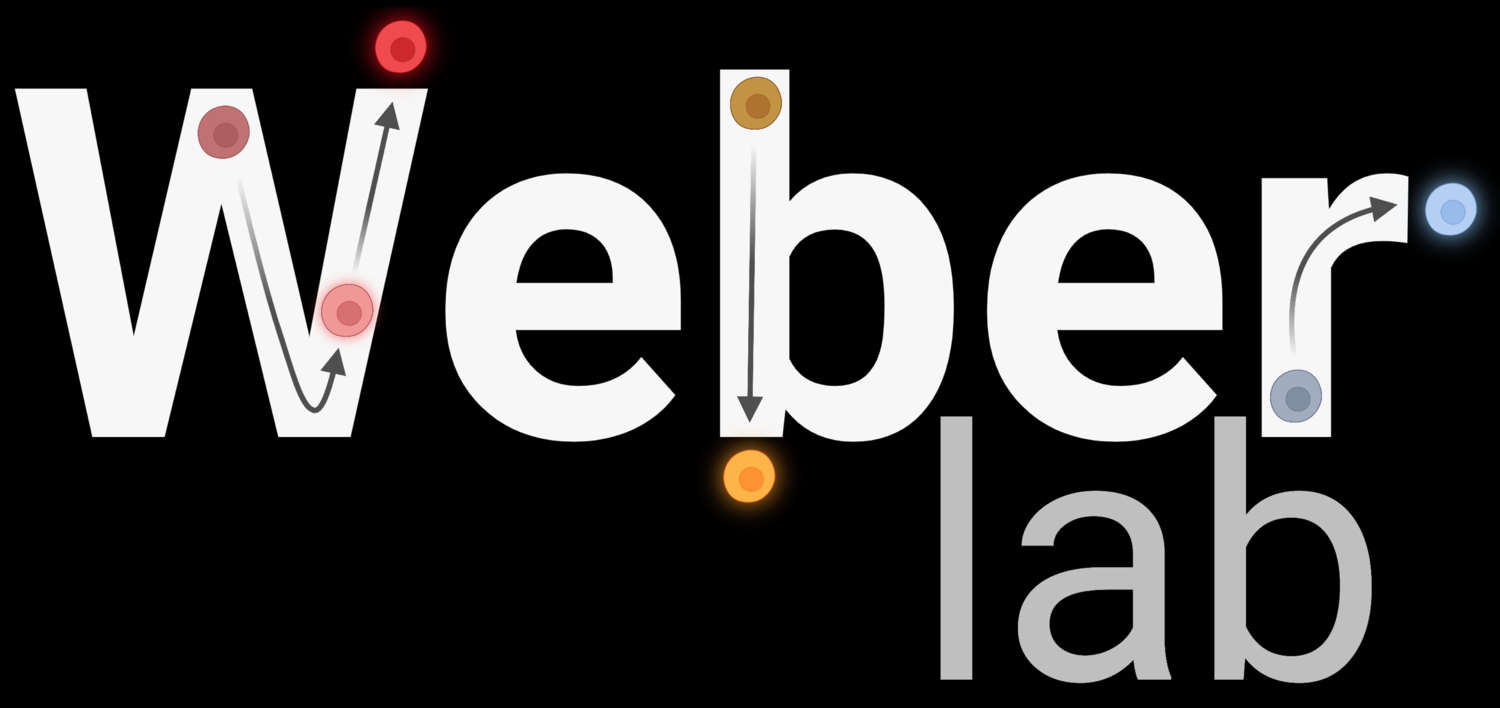Rewiring T cell fate and function to enhance cancer therapeutics
Source: Steve Gschmeissner/Science Photo Library/Getty Images
Mission
Engineered T cell therapies (e.g. CAR T cell therapy) have revolutionized the cancer immunotherapy landscape by demonstrating remarkable clinical responses. However, T cell exhaustion and poor persistence limit efficacy in patients and are major barriers to progress for the treatment of solid tumors. The Weber Lab, located at the Children’s Hospital of Philadelphia in the University of Pennsylvania Perelman School of Medicine, is developing novel approaches to transcriptionally and epigenetically reprogram T cells to enhance antitumor potency, and uncovering molecular mechanisms that govern human T cell fate and function.
Our primary goal is to bring curative T cell therapies to cancer patients.
Scientific Approach
Induction of “rest” in chronically signaling, exhausted CAR T cells restores antitumor functionality through epigenetic remodeling (Weber et al. Science 2021). This work is foundational to our research program centered around endowing human CAR T cells with exhaustion resistance and improved durability. We aim to identify and modulate transcriptional and epigenetic pathways that redirect human T cells towards more therapeutic cell states. Multiomics analyses on experimental and patient CAR T cells will enable us to link biological pathways to cell phenotype, function, and patient outcomes, thereby informing our T cell engineering efforts. Collectively, our work will uncover molecular programs that drive human CAR T cell dysfunction, identify targets for therapeutic intervention, and inform universal strategies that improve CAR T cell efficacy in cancer patients.
Our Funding
Interested in joining our multidisciplinary team?
Please reach out to Evan Weber directly at weberew @ chop.edu








